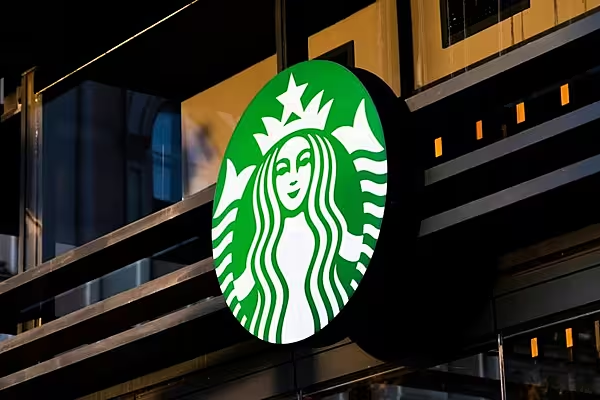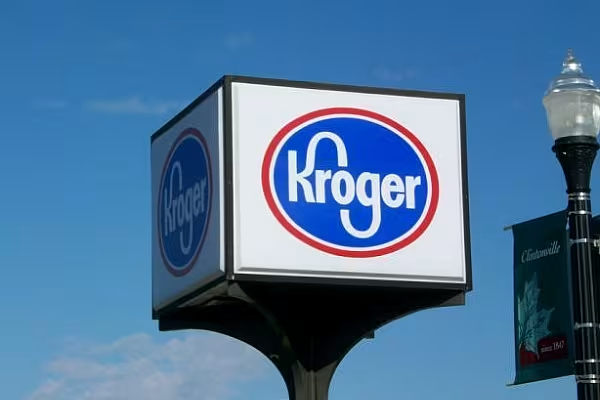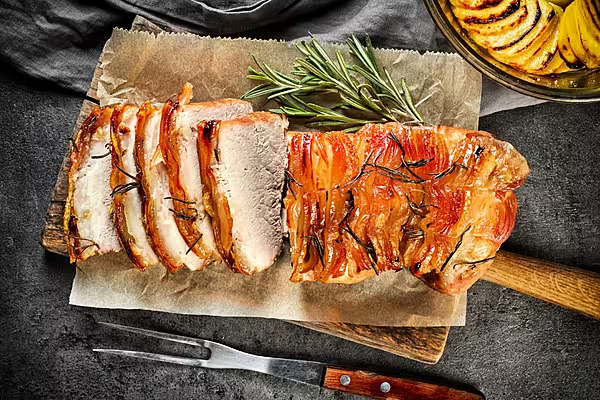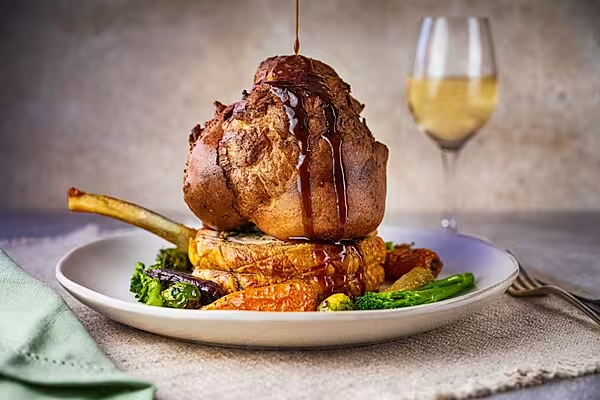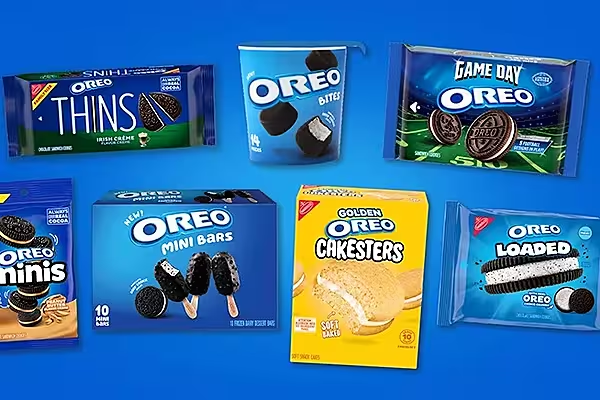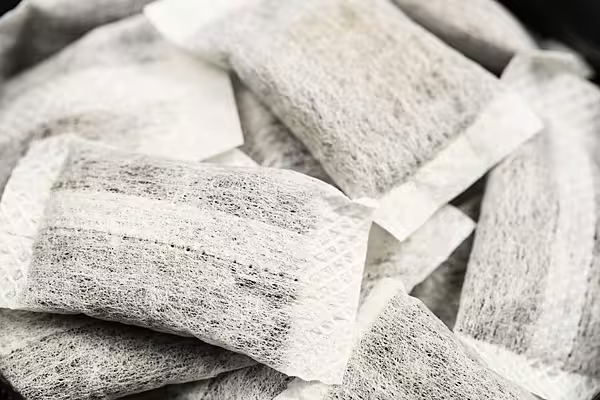It was one of the more striking images of the early COVID-19 period – photos from across the world showing empty supermarket shelves in the toilet paper aisle.
Over the past few days, images of toilet paper shortages were again circulating, this time in the US, where a strike by port workers and operators ground shipping to a halt on the east coast and Gulf Coast.
While the strike has since come to an end, it didn't stop some from reverting to pandemic habits and stocking up, Newsweek reported.
Republican representative Marjorie Taylor Greene posted a video on social media displaying empty shelves, with the caption 'Toilet paper is always the first to go', while journalist Jen Icklan Eckert posted images showing near-empty toilet paper shelves in New Jersey.
Shelves at Costco & Target running low or out of paper towels in Monmouth Cty. #NJ. Seeing ppl buying TP & water too in reax to #portstrike2024 -Costco employee told me they were sold out of TP/paper towels this am. What are you seeing at your #NJ store? Post pics & location ⬇️ pic.twitter.com/ugFDzPKpHt
— Jen Icklan Eckert (@jicklan) October 1, 2024
'Domestically Produced'
Fears over a lasting shortage – or indeed a shortage at all – were quickly allayed, however, with FMI president and CEO Leslie Sarasin issuing a statement to note that "Most grocery store items, including paper products, are domestically produced and, therefore, are not directly affected by the current ports strikes."
Noting that the only products that may be affected by the strike included some tropical fruits – but only in the event of long-running industrial action – she added, “All customers should rest assured that their stores and the manufacturers who produce the products are on their side and committed to serving them regardless of the challenges.
"As we witnessed during the COVID-19 pandemic, when times get tough, the entire food industry rises to the occasion by delivering food, water, and other essential supplies to our communities.
“Whether confronting a national disaster or a supply chain disruption like the current strike at U.S. ports, the food industry remains dedicated to caring for customers and communities.”

